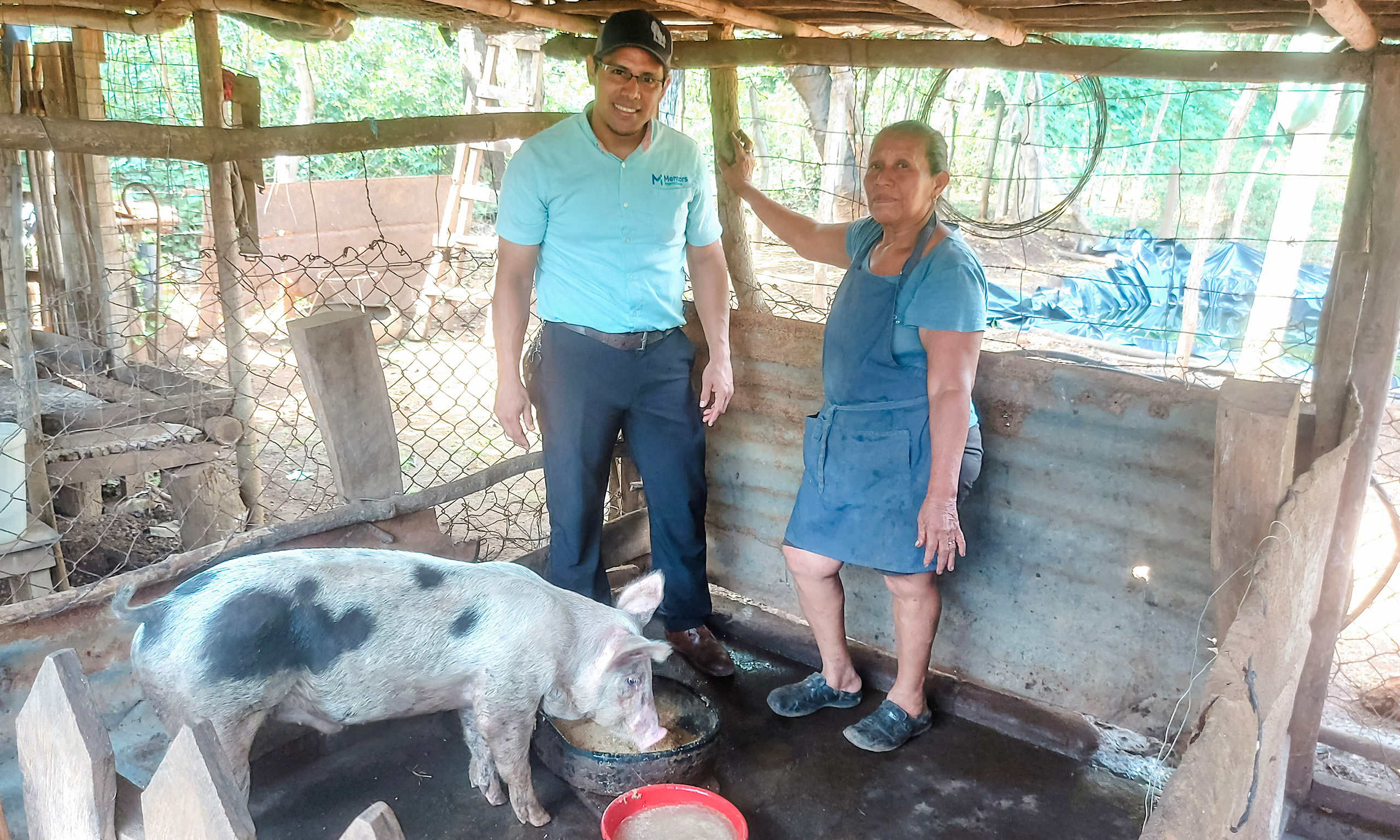The Utah State University SEED Program recently joined forces with a local non-profit, Mentors International, to provide experiential based learning for business students. These are students who also want to make a difference in the lives of poor entrepreneurs in developing countries.
The USU SEED Program stands for Small Enterprise Education and Development and focuses on preparing students to help impoverished entrepreneurs from Ghana and Peru. Each year the program sends approximately 25 students to these countries to help struggling enterprises succeed. The results have been transformational, both for the students and for the entrepreneurs.
In an effort to expand these services, the SEED Program has now joined forces with Mentors International. Mentors is a micro-lending organization that was established to help the poor beginning in 1990. An affiliate organization was started up in Manila, Philippines that year to provide micro loans, business training, and mentoring to help struggling entrepreneurs grow their businesses and receive capital at a reasonable rate rather than the standard loan shark rates at the time. The impact of these services helped these families grow their businesses by up to 10 times what they were previously earning. Instead of $1 or $2 per day, these tiny businesses were yielding up to $10 per day. This enabled the families to pay for their own food, shelter and education for their children.
“To have the USU SEED Program linked with Mentors International’s history of service and success promises an even better experience and opportunity for our student interns,” said Michael Glauser, director of the Jeffrey D. Clark Center for Entrepreneurship at Utah State University. “ Not only does it expand the number of countries that our students can now work in, but it harnesses the practical experience of Mentors’ 25 years in delivering services to those who live in extreme poverty.”
SEED offers an international internship experience that extends what students learn in the classroom and they can then apply it to real life. The program selects students with an interest in social entrepreneurship to live abroad for a full school semester to teach, mentor and assist entrepreneurs in developing countries and help them break the poverty cycle.
“The SEED program is unique,” said Glauser, “because it focuses on assisting entrepreneurs in three areas; teaching, funding and mentoring. We teach entrepreneurs business building principles, help them secure funding and assets for their business, and mentor them as they grow their venture. We are continuously involved in the success of these micro businesses.”
Mentors International CEO Mark Petersen is looking forward to the prospects of working with USU interns to further the work of helping the poor in the counties they serve.
“Our goal is to help the families we serve with a hand-up, not a handout,” said Petersen. “Simply giving food to a family or building them a home does not lift them out of poverty. In fact, in the long run it can often hurt them by causing them to feel entitled. Then they simply stop working for themselves,” Petersen added.
Petersen explained that one of the most rewarding experiences he has is when a now successful entrepreneur tells him, ‘thank you for giving me the dignity of lifting my family through my own labors.’
“Most of our entrepreneurs are poor mothers working to raise their children in areas where there are no jobs—no economy,” said Petersen. “USU students will be highly impacted with the opportunities they will have to work with these wonderfully hard-working women. They are women who want nothing more than to ensure their children have the future they once thought was impossible.


